‘Rawness Will Always Remain’: For Wrongfully Convicted People, Sharing Their Stories Comes With a Price — and Power
Freed and exonerated speakers have reopened old wounds by sharing their stories — but with the support of the Innocence Project, storytelling instructors Bonnie Levison and Larry Rosen, and The Moth, it has also become a path to healing, connection, and change.
05.12.25 By Hassan Champion
Standing in a room full of college students, Rodney Roberts suddenly remembered years of hardship, stress, unhappiness, and tears. He was preparing to share a personal experience for the first time — one that had shaped his life and took courage to discuss in front of an unfamiliar audience.
For 18 years, Mr. Roberts, a native of Newark, New Jersey, was incarcerated for a crime he did not commit. In 1996, he was arrested and charged with kidnapping and sexual assault after a 17-year-old girl identified him in a photographic lineup as her attacker. He was given the choice to either plead guilty and serve a minimum of seven years or proclaim his innocence and risk harsher sentencing — he chose the former.
“It all felt so fresh,” he recalled. “I took a moment to collect myself while looking around the room at all of the attentive students waiting to hear my story, then I shared it through the fear and nervousness.”
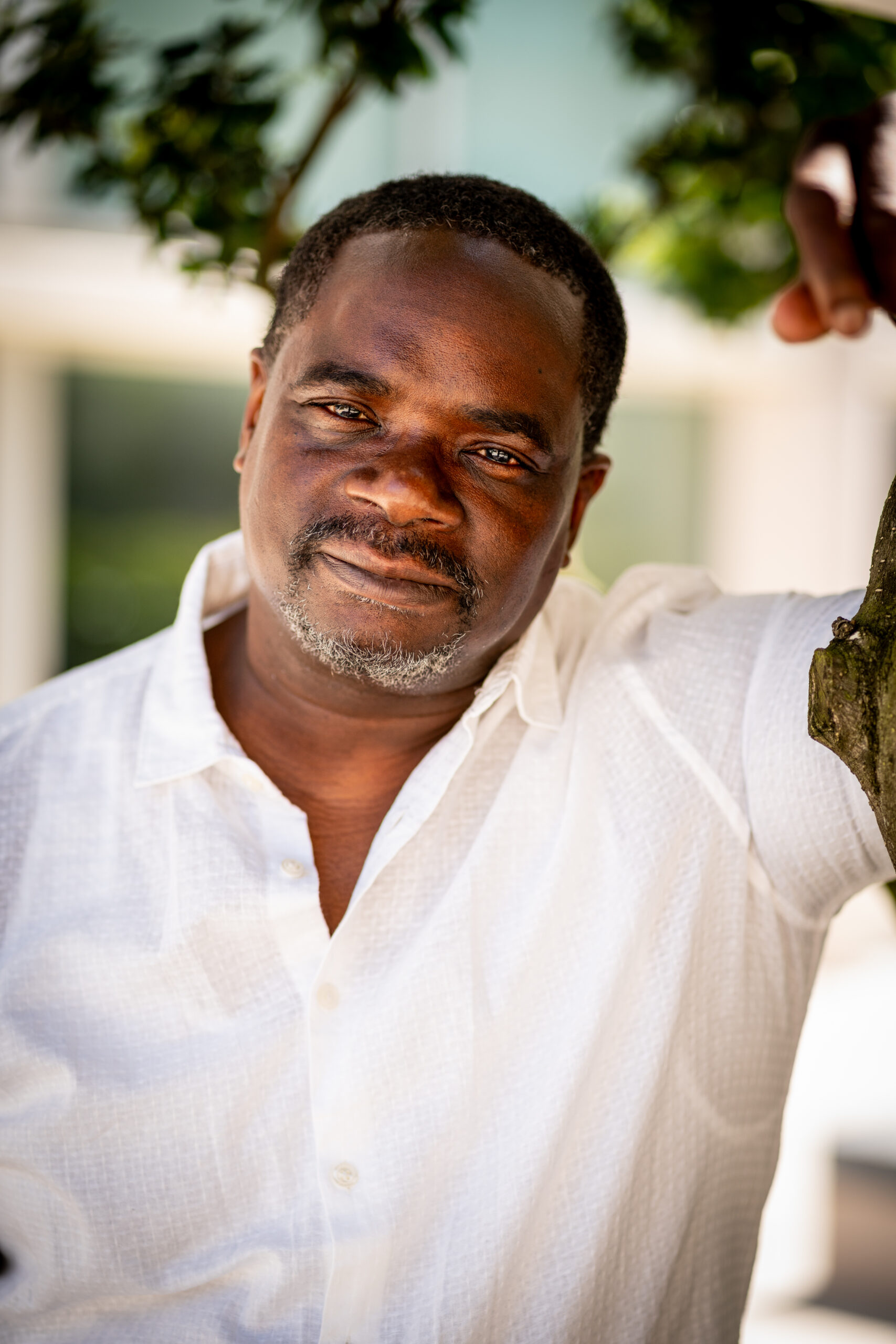
Rodney Roberts (Image: Claire Bangser/Innocence Project)
For Mr. Roberts, speaking publicly about his wrongful conviction is a way to regain the voice the criminal legal system silenced — starting with his coerced guilty plea. It is also a powerful opportunity to educate audiences on the injustices of wrongful conviction and the urgent need for reform. Throughout his eight years behind bars, he was never fairly heard. The parole board refused to grant him parole four times because he maintained his innocence. And even after his release, a judge repeatedly rejected his motions to withdraw his plea, disregarding new evidence of his innocence.
“In some cases, [we were] being penalized by the system for daring to use [our] voice,” Mr. Roberts, who was finally exonerated in 2014 and is now a re-entry coach at the Innocence Project, said. “[For] both exonerees and freed people, having [our] power restored is akin to a feeling of rebirth and the freedom to now challenge the very system that oppressed [us].”
Still, the road to reclaiming that power can be long and arduous. For many who have shared their experiences publicly, recounting a wrongful conviction can trigger deep and unresolved trauma — forcing them to relive the injustice they endured.
“The rawness will always remain,” admitted Innocence Project client Belynda Goff, who wrongly served over 20 years in prison and has since shared her story publicly, at a recent Speaking of Innocence donor briefing. “You learn that it’s okay for the emotions to take place.”
Finding Power Through Storytelling
Recognizing this reality, the Innocence Project’s social work team has partnered closely for the past three years with Bonnie Levison and Larry Rosen — storytelling instructors at The Moth who, in their work with the team, operate as independent contractors — to provide narrative therapy to freed and exonerated speakers. This work helps participants reshape painful and triggering experiences into more affirming personal narratives.
“Part of [our work] is to help people shed that shame and really work through that healing, so that when the person speaks, they don’t feel that stigma and shame,” said Suzy Salamy, Innocence Project’s social work director. “I think that it’s part of our responsibility at the Innocence Project to be able to support, nurture, and help process and heal our clients — not just expect them to go out and tell their story.”
Through Ms. Levison and Mr. Rosen’s workshops, freed and exonerated speakers learn to highlight relatable experiences, develop a central message, and shape their stories into clear, impactful narratives. They are encouraged to focus on relationships, acts of service, or other moments that help foster empathy and understanding in their audience. According to Ms. Levison, this approach helps speakers move beyond the typical “judicial” conversations about their wrongful convictions, which often center on legal facts.
“What we like to bring is a little bit more humanity into the stories that they tell,” she said. “When they share their stories, their personal experiences, they make a difference, and they help people realize they’re not alone.”
At the Innocence Network Conference in Seattle earlier this month, 10 freed and exonerated people who had participated in a similar storytelling workshop led by The Moth and organized in close collaboration with the Innocence Project’s Network Support Unit took the stage to share their stories during the conference’s closing plenary. In front of hundreds of captivated attendees, Ms. Goff recalled her decision to step out of a prison assembly line and help a fellow incarcerated woman out of a ditch.
“In that moment, I felt free,” she told the audience. “I had a freedom that no one could take from me. It was the freedom for hope.”
For Ms. Levison, stories like Ms. Goff’s are what make her work deeply meaningful.
“It’s my honor to meet these incredible people who constantly, all these years, inspire me,” she said. “I so admire them and look up to them.”
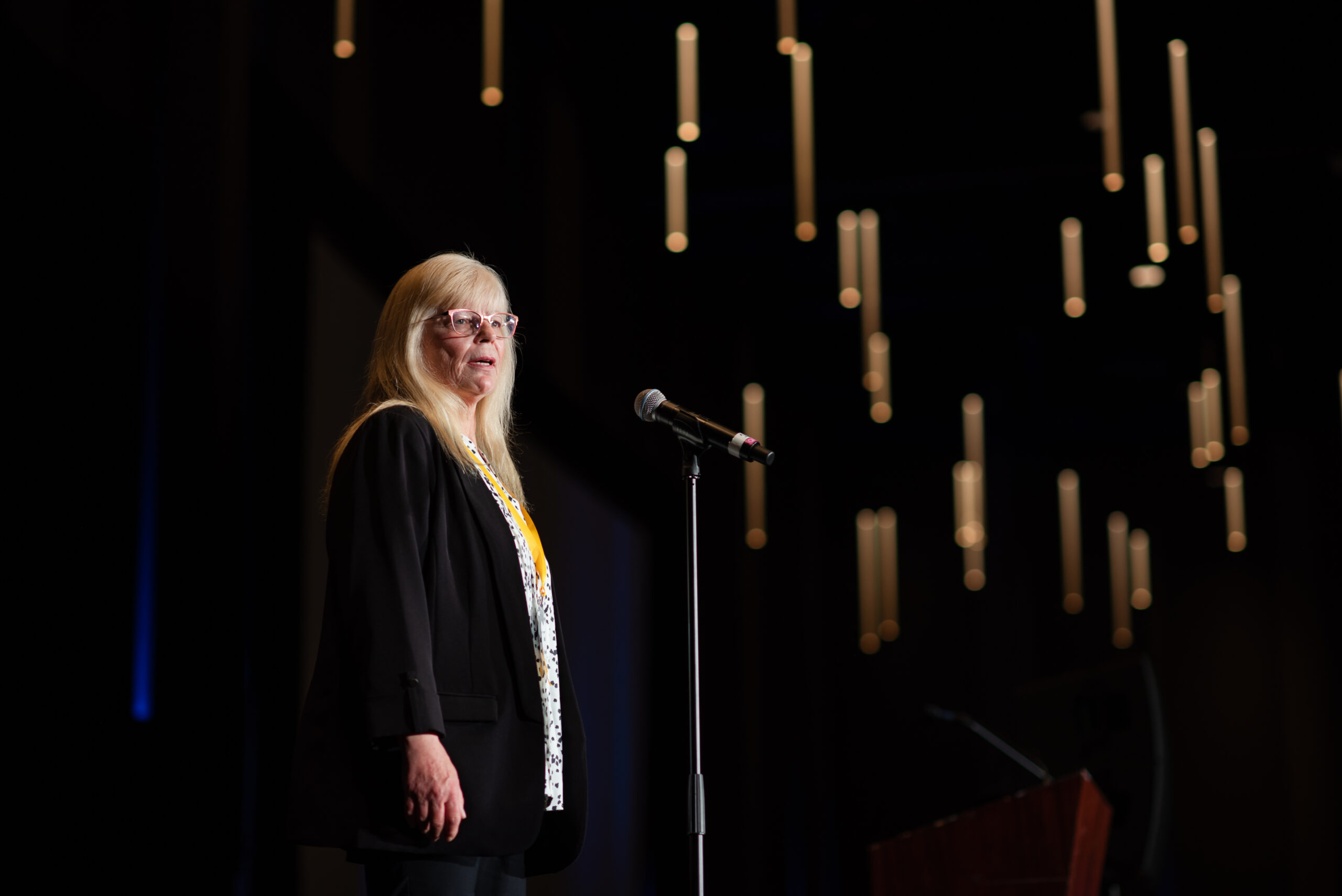
“I had a freedom that no one could take from me. It was the freedom for hope.”
“I had a freedom that no one could take from me. It was the freedom for hope.”
Belynda Goff
Belynda Goff at the Innocence Network Conference in Seattle on April 5, 2025. (Image: Jennifer Watkins/Lyra Photography)
Amplifying Freed and Exonerated Voices
Many freed and exonerated people have expressed a mutual appreciation for the support they have received from Ms. Levison, Mr. Rosen, and The Moth.
“It gave us a platform [where] we could tell our story — what happened, how it happened — and do it within a concise timeframe,” said Marvin Anderson, who served 20 years for a crime he did not commit in Virginia and is a member of the Innocence Project’s board of directors and Exoneree Advisory Council. “I could talk all day about my whole case … but [the workshops] taught us how to break down and tell our story in a timely fashion [so that] people or your audience can understand what you’re talking about.”
Those skills have proven especially valuable during paid speaking engagements arranged through the Innocence Project’s Speakers Bureau, which connects wrongly convicted people like Mr. Anderson with audiences around the world. The bureau plays a key role in amplifying their voices and advancing the innocence movement.
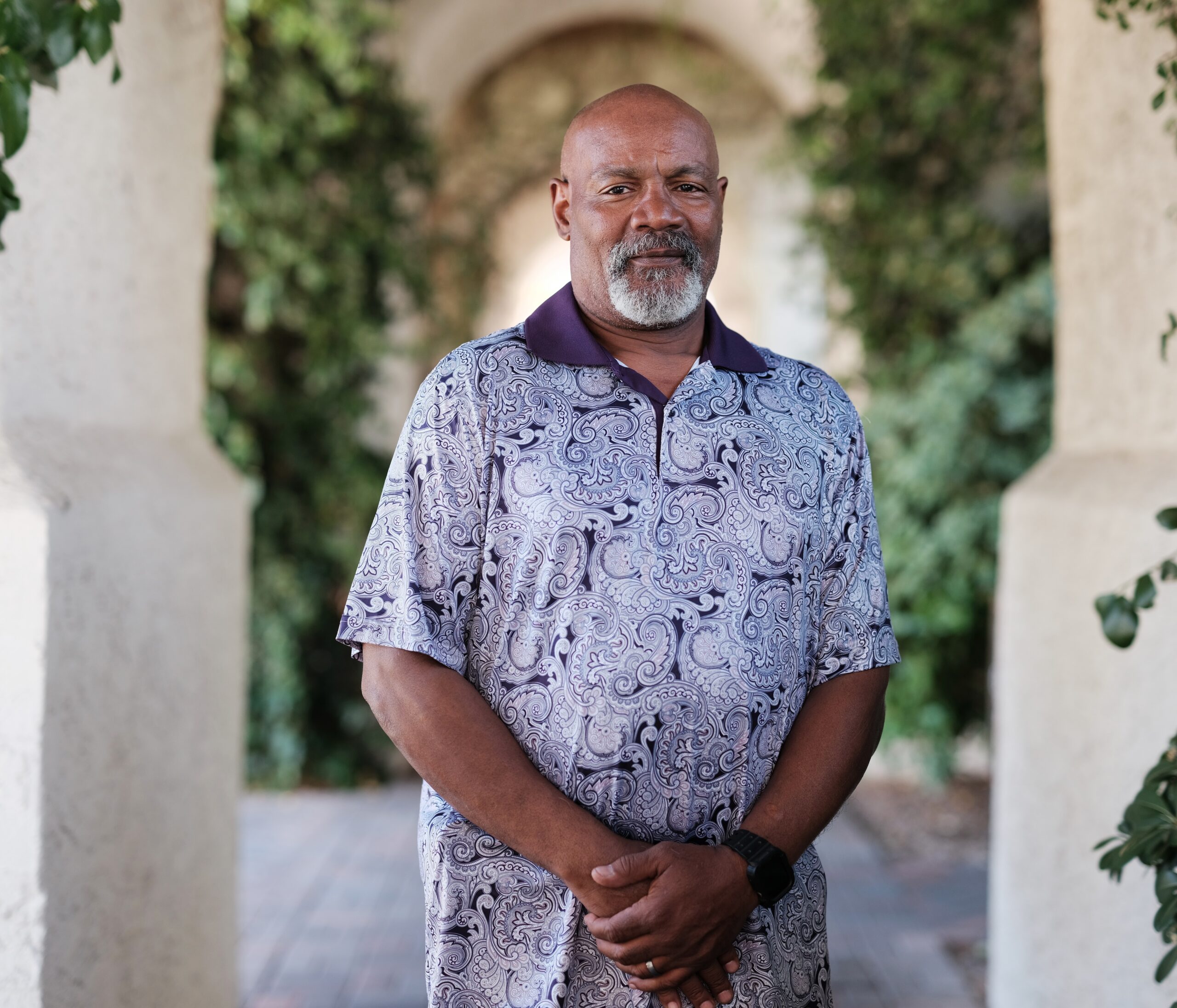
Marvin Anderson (Image: Kenny Karpov/Innocence Project)
“What I appreciate most about working with Bonnie and Larry is their ability to provide our exoneree speakers with crucial skills for crafting and sharing their personal stories confidently and effectively,” said Communications and Speakers Bureau Manager Isabel Vasquez.
According to Mr. Anderson, these stories have helped spotlight critical policy reforms, including those related to compensation for the wrongfully convicted.
“The information that we put out helps bring attention. It helps bring some of these changes that are being made,” he said. “[Securing compensation] is the biggest fight that we have. That’s when the freed and exonerated have a voice, and we express that.”
To hear powerful firsthand stories from Mr. Anderson, Mr. Roberts, and others who were wrongly convicted — and to deepen your understanding of the systemic failures that cause these injustices — connect with our Speakers Bureau. Fill out this form or call us at (212) 364-5384 to bring these vital voices to your community.
Leave a Reply
Thank you for visiting us. You can learn more about how we consider cases here. Please avoid sharing any personal information in the comments below and join us in making this a hate-speech free and safe space for everyone.
June 11, 2025 at 2:44 pm
May 31, 2025 at 11:57 am
I thank God for this! May God continue to bless this company of Lawyers and people that help and supply all of your needs to help out every one you need to get out of prison, in Jesus name I pray, Amen and Amen.
BERTHA JAMES
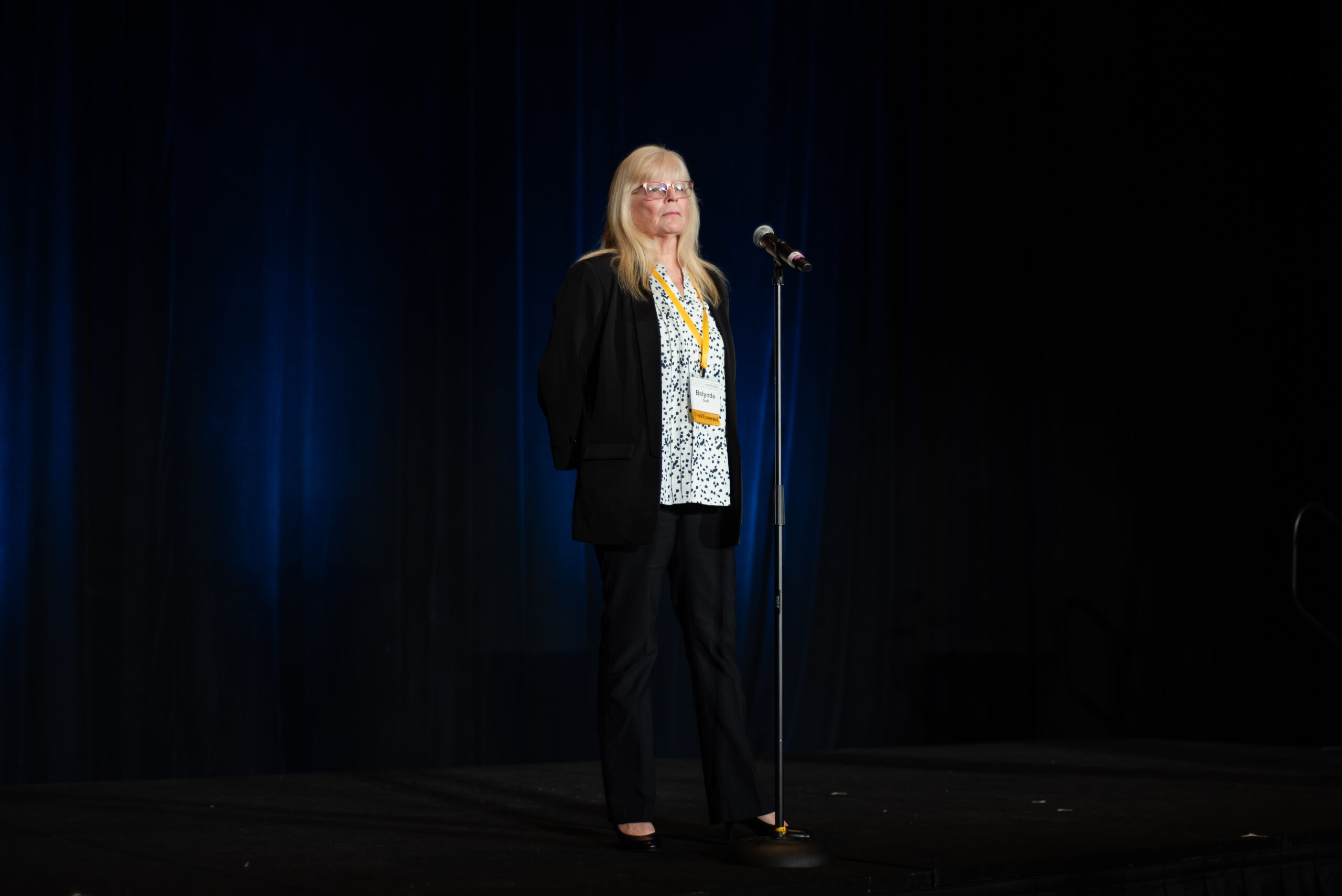
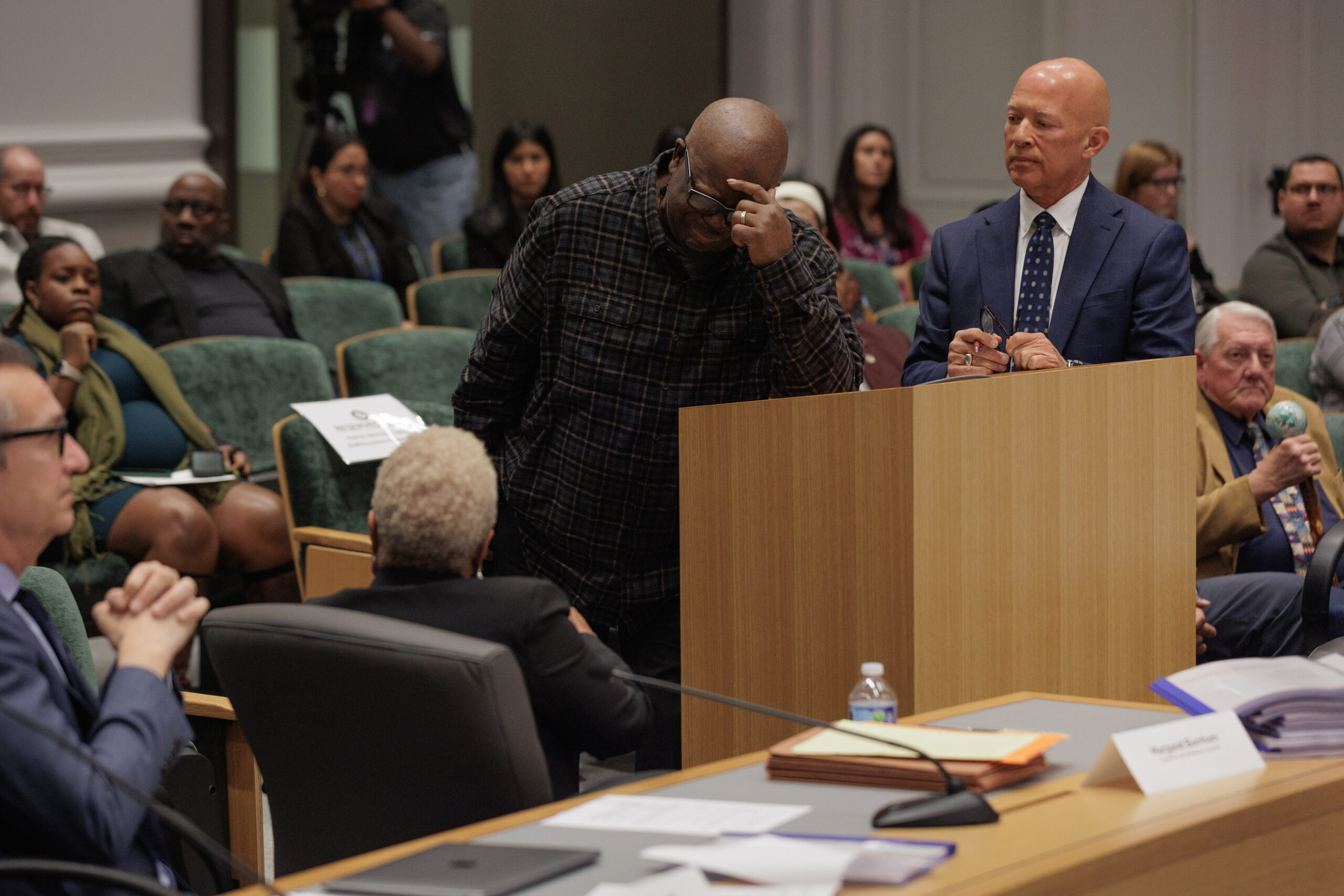
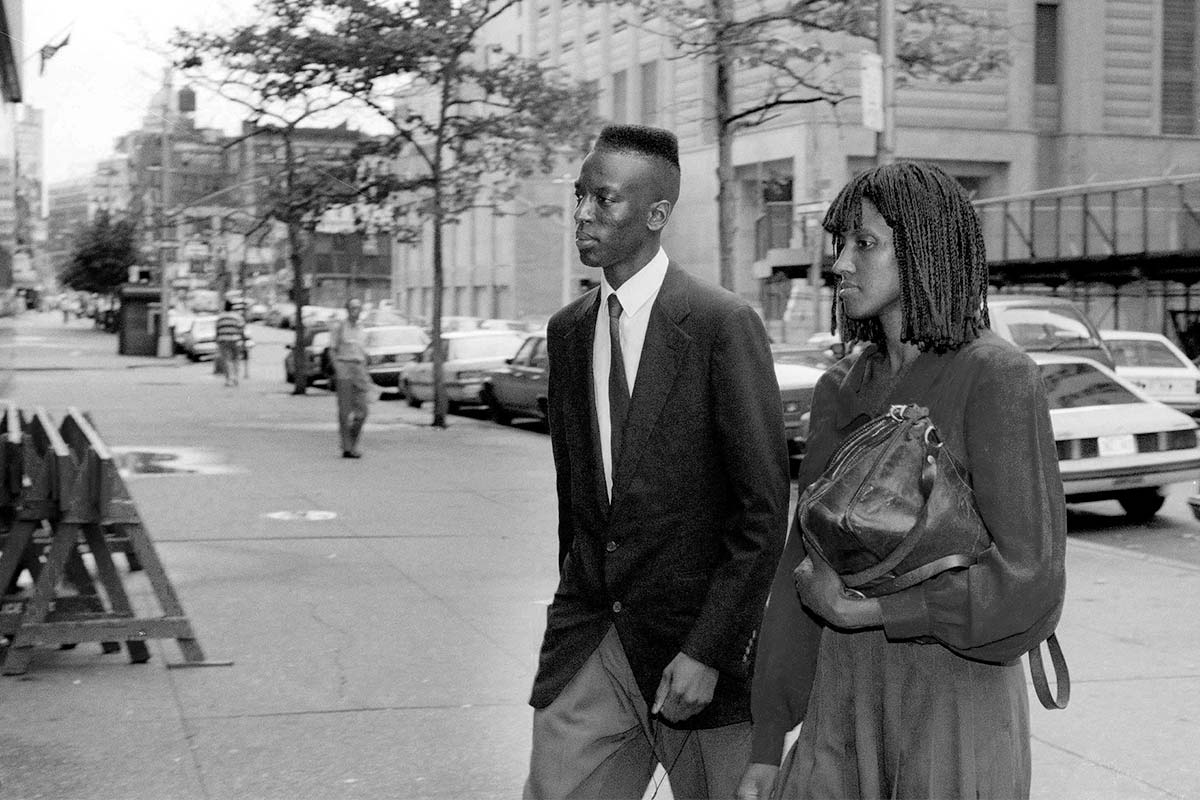

I live outside Wishita and would love to help in any way I can.”Justice and Righteousness are the Foundation of Thy Throne”Psalm 89:14